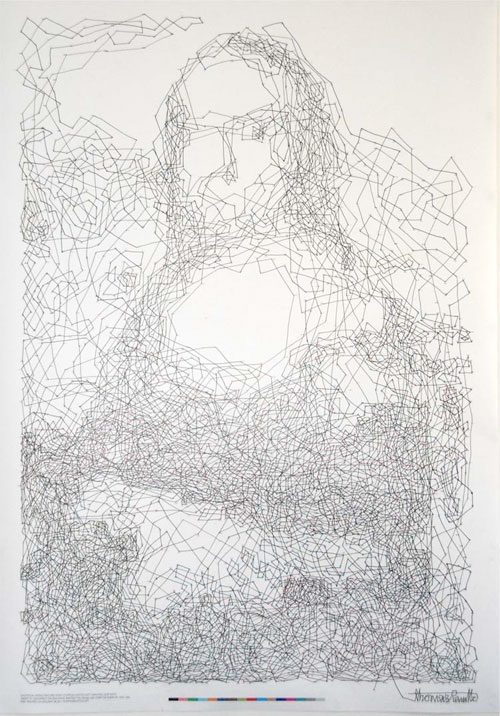
As I get older , I find myself more riddled with doubt than filled with faith. This is despite (or perhaps because of) being a minister.
Abundant joy and wonder and beautiful community are significant parts of my faith experience — but so are abundant doubt and struggle.
Even during periods when I’ve felt filled with devotion to Jesus, I’ve never been free of anxious questions about the possibility of God’s mercy toward me.
To be honest, I’m more prone to disbelief and the kind of bewildered despair that friends mourning Jesus may have felt on Good Friday or Holy Saturday — after the shock of the cross — than the confidence they found on Easter Sunday.
This sort of difficulty with faith isn’t uncommon among Christians. Belonging to Jesus doesn’t shield any of us from the ache of being human or the general brutality of life on our planet, as the most recent tragedies of the Ukraine or Gaza show so clearly. Even if our suffering isn’t related to persecution or oppression, there is plenty of daily turmoil to shake our trust in the reality of God as loving and good.
We believe that God speaks and reveals truth in Scripture and throughout creation. But even after the resurrection, God is still veiled, quiet and hidden in many ways.
As Christians, we often act as if faith should be straightforward and easy. Though economic hardship, unspeakable loss of life, trauma, chronic pain and mental illness abound as much in the church as anywhere, we make little room for expression of the real struggle of everyday grief.
We’re quick to judge those in the church who seem “weak” in faith, who are not overflowing with confident trust in God. Many of us think of “strong” faith as intellectual certainty in specific tenets of church doctrine or enthusiastic conformity to particular aspects of church culture. Despite our talk of grace, we tend to demonize those who struggle to believe or who question our specific theologies or practices. We forget ourselves. It’s easier to focus on some project of “saving souls” elsewhere or to police others’ orthodoxy than to acknowledge our own need for conversion and saving.
Why do we yield to this pressure? Perhaps we fear — understandably — being eaten alive by other Christians around us. Or we fear marring God’s image in the world. But our pretending to be perfect or to have all the answers is much more harmful than being honest.
I love Easter, because I do believe in the risen Christ and in Christ’s miraculous, redemptive power in our lives. But the bulk of my faith journey is better represented by the confused shock of Good Friday and Holy Saturday than the glory of Resurrection Sunday. Much of my life has been about wrestling in the wilderness (like Jacob in the night) — about the fury of prolonged waiting, and the fear of having been abandoned by God. About longing and desperation for an indiscernible Christ.
I believe that the feeling of being alone and at the mercy of a senseless, hostile universe may be more common in the faith lives of Christians than we let on. We need to more openly acknowledge that doubt and feelings of lostness are as much a normal part of the faith journey as the confident joy of being found. We shouldn’t expect people to make the colossal leap to the miracle of Easter Sunday when their living might feel more like crucifixion or the grave.
Our tendency to demonize doubt doesn’t serve Christ’s body or the world at large. Rather, it isolates those who are suffering and alienates those with legitimate questions that have no easy answers. Some people may find it easy to trust God, but I know many, like myself, who simply aren’t made that way — people who are inordinately sensitive to the hurt in the world, who have all the questions all the time, or whose lives have been too filled with trauma to trust anyone, let alone an invisible God.
I suspect that our difficulty in extending genuine grace to others in this area might be because we have yet to experience the depth of God’s grace ourselves. Perhaps we fear that God disdains questioning of any kind. But I believe that God’s compassion is great, and that God remembers that “we are but dust.”
For the sake of young people who may feel confused, for the sake of older people who may feel disappointed or forsaken by God — for the sake of all who may question or struggle, we need to be more welcoming than condemning.
My hope is that the church, and especially Christian leaders, might give more attention to the reality of Holy Saturday in our daily lives.
We could all be more mindful that many people’s paths are more characterized by that space of waiting than by victory — even within the walls of our churches. May we all grow in knowing the love of our unfathomably merciful God in the midst of ongoing doubt and struggle, for our own sakes, for the sake of the church, and for the sake of extending the grace of the risen Christ to the world.






